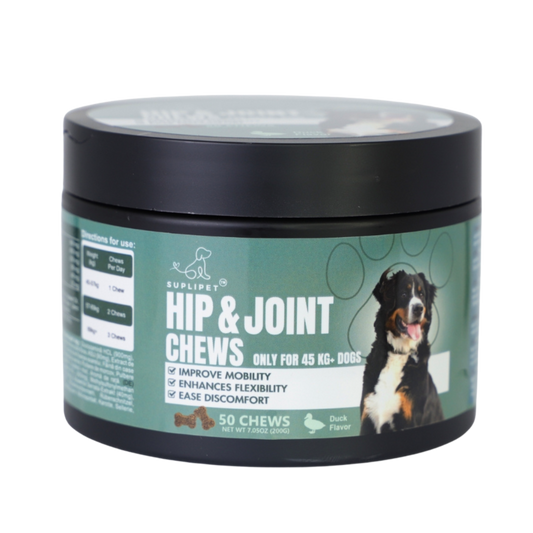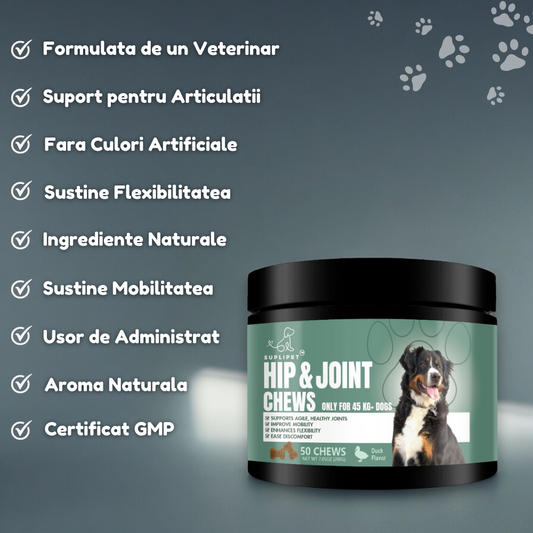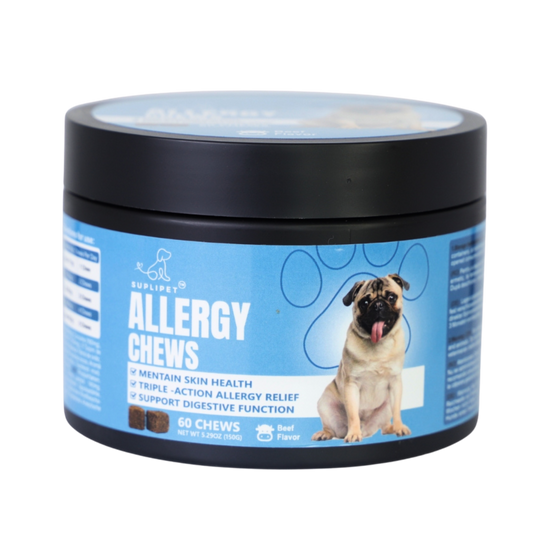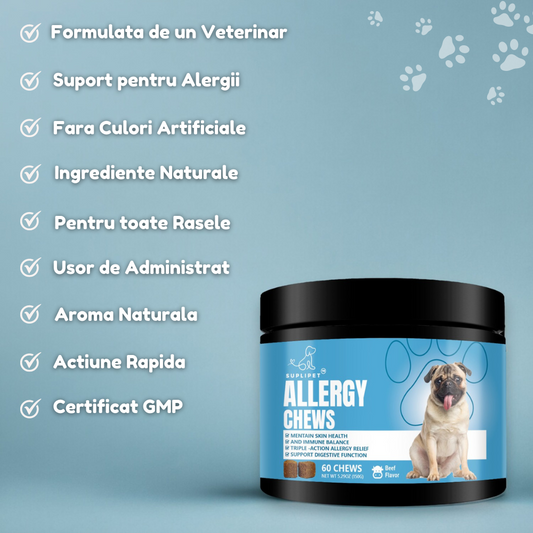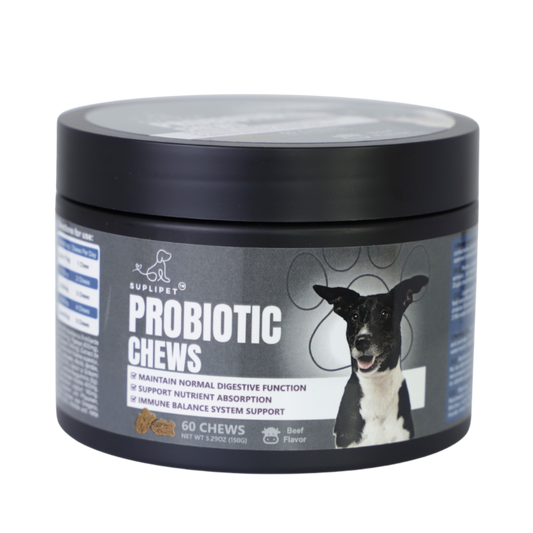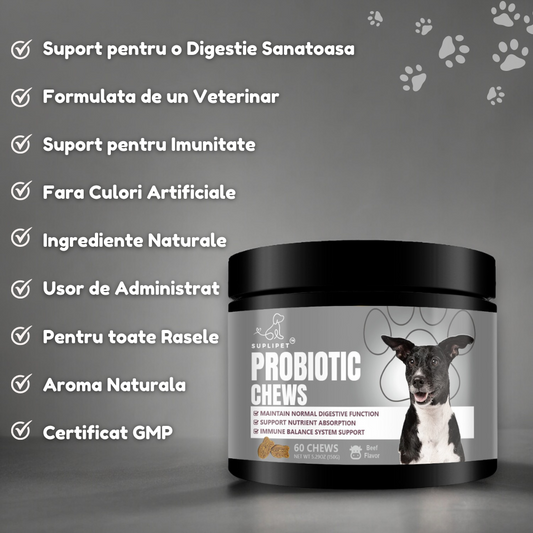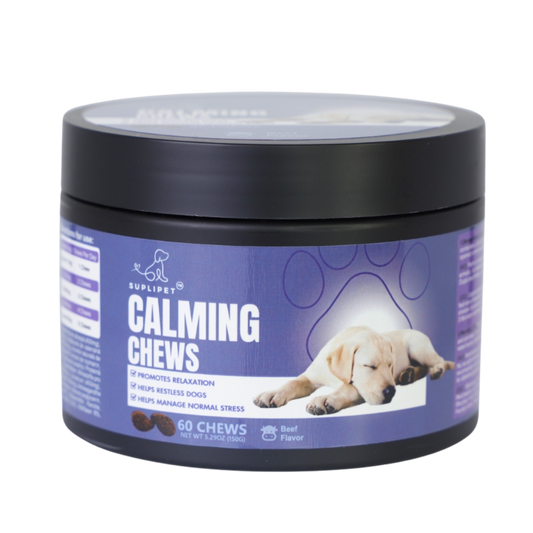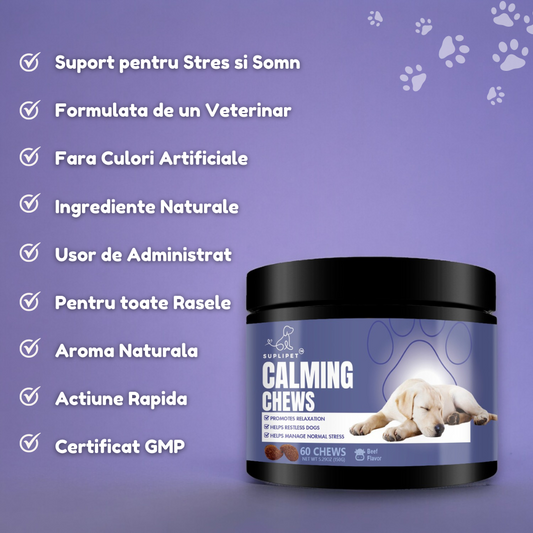As a cat owner, you must learn which meals are safe and healthful for your feline buddy. Cats have dietary needs that are very different from those of humans and even dogs. A well-rounded diet is vital for your cat's longevity and good health. In this article, we'll look at what foods cats can eat, how important specific nutrients are, and how supplements can help keep your cat healthy.

Basics of Feline Nutrition
Cats are strictly carnivores, which means they need a diet mostly made up of meat. Unlike omnivores, cats have adapted to get the majority of their nutrients from animal proteins. Their bodies are designed to process proteins and fats with greater effectiveness than carbohydrates.
Essential Nutrients for Cats
- Protein: The most important nutrient for cats is protein. Animal-based proteins contain critical amino acids such as taurine, arginine, and methionine, which are required for a variety of body processes such as muscle maintenance, immunological support, and cardiovascular health.
- Fats are an important source of energy for cats. They also aid in the absorption of fat-soluble vitamins (A, D, E, and K) and contain vital fatty acids such as omega-3 and omega-6, which promote skin and coat health.
- Vitamins and Minerals: Cats need various vitamins and minerals to stay healthy. Vitamin A is essential for vision and immunological function, vitamin D is necessary for bone health, and vitamin E is an antioxidant. Calcium, phosphorus, and magnesium are key minerals.
- Taurine: This vital amino acid promotes heart and eye function. Cats, unlike some other animals, are unable to synthesize taurine from other amino acids, thus it must be obtained through diet.
- Water is essential for cats. While they can obtain some water from their diet, particularly if they eat wet food, they should always have a supply of fresh, clean water.
Safe Foods for Cats
- Cats prosper on a diet high in animal proteins. Cooked chicken, turkey, and lean cuts of beef are wonderful options. Make sure the meat is completely cooked and free of bones and seasonings.
- Fish can be offered as a treat. Both tuna and salmon are wonderful choices, but they shouldn't serve as the primary protein source owing to mercury buildup. In addition, if fish is fed too regularly, some cats may develop allergies.
- Vegetables: Certain cats prefer peas, carrots, and pumpkins. These can supply fiber and minerals. Nevertheless, vegetables should only make up a small portion of their diet because cats do not digest plant stuff as well as animal proteins.
- Eggs are a rich source of protein and necessary amino acids. They should be fully boiled to eliminate the danger of salmonella.
- Cheese: Cats can like little amounts of cheese as a treat. However, because many cats are lactose intolerant, it is critical to keep track of them for any signs of intestinal distress.
- Some cats prefer fruits such as blueberries, strawberries, and melons, albeit they are not part of their natural diet. These can be served in modest quantities as occasional snacks.

Foods to avoid
- Onions and garlic can damage a cat's red blood cells, causing anemia.
- Chocolate includes theobromine, a poisonous substance that can harm cats and cause heart problems, tremors, and seizures.
- Caffeine: Cats may experience restlessness, rapid breathing, and heart palpitations when consuming coffee, tea, or some sodas.
- Alcohol: Even small amounts can harm cats' liver and brain.
- Grapes and raisins can lead to renal failure in cats.
- Raw fish may include dangerous germs and enzymes that deplete thiamine, a crucial B vitamin for cats.
- Dog food does not match the nutritional demands of cats, perhaps leading to deficits.
The role of supplements in feline nutrition
While a well-balanced diet is essential for optimum health, supplements can help ensure that your cat receives all of the nutrients it needs. Here are a few supplements to consider:
- Taurine supplements can benefit your cat's heart and eye health, especially if their diet lacks animal protein.
- Omega-3 and Omega-6 Fatty Acids promote skin and coat health, reduce inflammation, and improve cognitive function. Fish oil is an abundant source of these minerals.
- Probiotics improve digestive health by balancing beneficial bacteria in the stomach. This can be especially beneficial for cats that have digestive disorders or are on antibiotics.
- High-quality multivitamins can address nutritional gaps and ensure your cat gets all necessary vitamins and minerals.
- Glucosamine and Chondroitin: These dietary supplements promote joint health, especially for older cats and those with arthritis.
- L-Lysine: This amino acid helps improve immunological function and treat feline herpes virus infections.
We recommend you use supplements from www.suplipet.shop.
Tips for Feeding Your Cat:
- Quantity Control: Overfeeding can cause obesity, a typical concern in domestic cats. Follow the feeding instructions provided by your vet or the cat food supplier.
- Cats thrive on routine. To maintain a consistent feeding routine for your cat, try feeding him at the same times every day.
- Invest in high-quality cat food to suit their nutritional demands. Look for brands that contain high-quality ingredients that have been well-tested.
- Wet vs. Dry Cat Food: Both options have advantages and disadvantages. Wet food contains more water, however dry food is more practical and can help keep teeth healthy. Combining the two can be advantageous.
- Treats should account for no more than 10% of your cat's daily caloric intake. Choose healthful, low-calorie snacks for your cat and avoid overindulgence.

Conclusion
Recognizing your cat's nutritional requirements is critical to their health and well-being. You can keep your kitty buddy healthy and happy by feeding them a well-balanced diet rich in animal proteins and critical nutrients. Supplements can help fill nutritional gaps and improve overall health. Always contact your veterinarian before adding new foods or supplements to your cat's diet to confirm that they are safe and acceptable for your pet.
-
Regular price$19.00Regular price
$24.00Sale price$19.00 Save $5.00 (20%)Unit priceperHip & Joint Chews 45kg+ Dogs
-
Regular price$23.00Regular priceSale price$23.00 Save $-23.00 (%)Unit priceper
Allergy Chews Dogs
-
Regular price$18.00Regular price
$23.00Sale price$18.00 Save $5.00 (21%)Unit priceperProbiotic Chews Dogs
-
Regular price$17.00Regular price
$21.00Sale price$17.00 Save $4.00 (19%)Unit priceperCalming Chews Dogs


